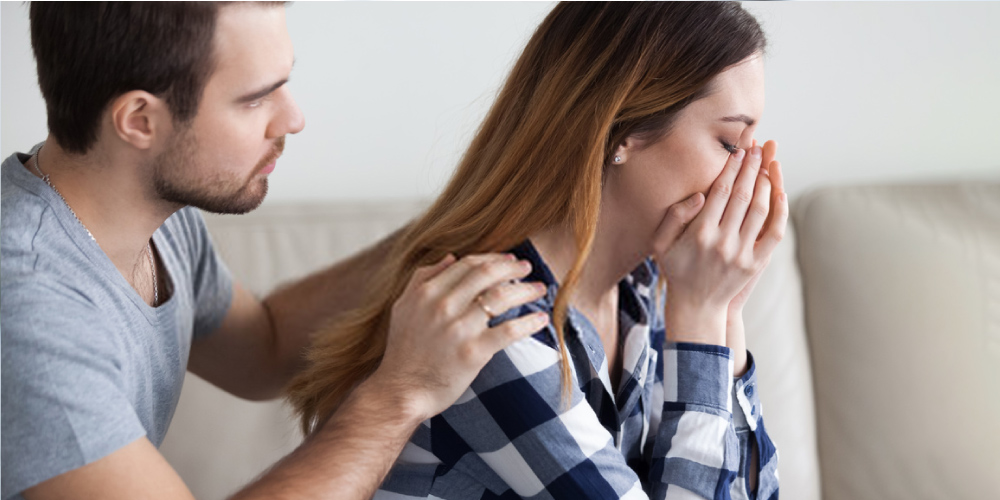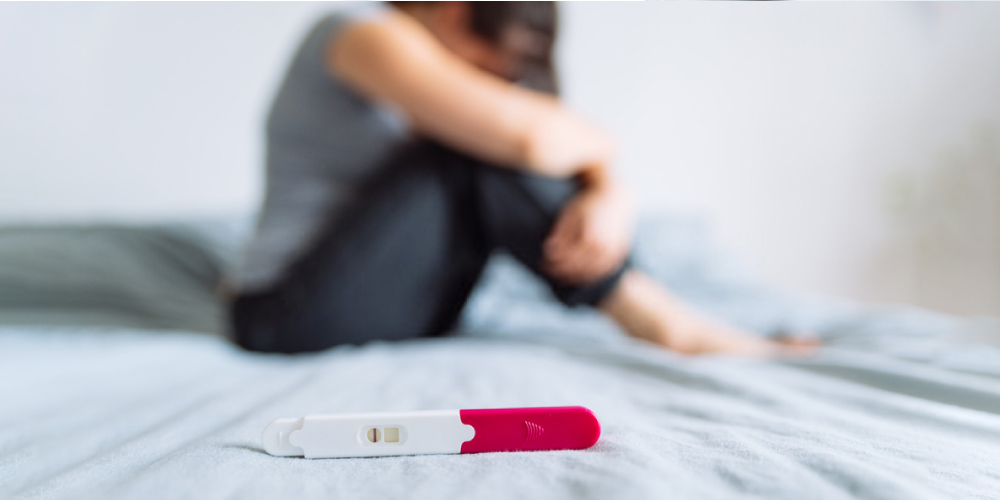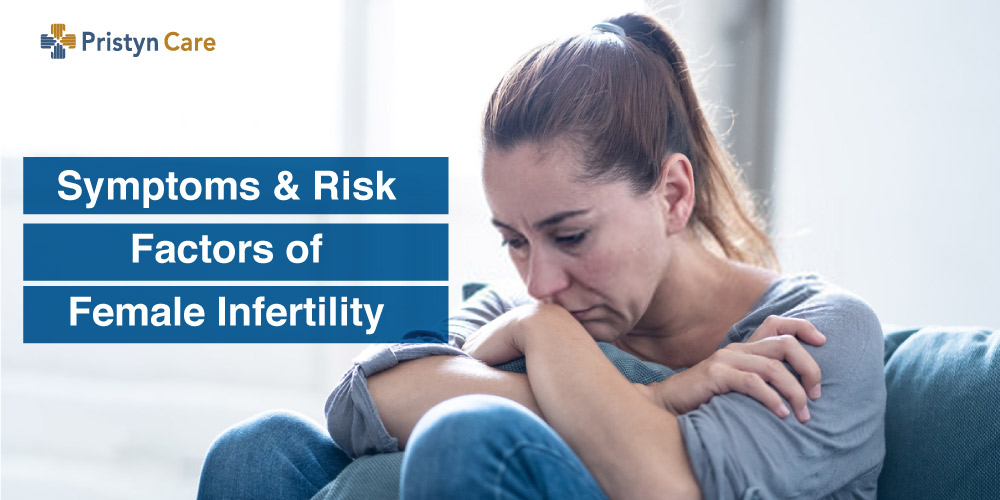![]() Views: 303
Views: 303
Symptoms and risk factors of female infertility
Dedicated Support at Every Step!
Our Doctors are available 24 hours a day, 7 days a week to help you!
Infertility can be a result of female factors as well as something abnormal with the male reproductive system. In around 30 percent of the causes, it might be because of a combination of the two or, the causes of infertility are unknown.
Diagnosing the causes of infertility in females can be a complex task. Depending on the cause of infertility, there are various treatment options available. However, there are many couples who conceive after trying for a few years without the help of any medical treatment. About 90 percent of couples are able to get pregnant after trying for a couple of years.
Table of Contents
What are the causes of female infertility?
Troubles with ovulation, damage to the uterus or fallopian tubes, or problems with the cervix are some of the most commonly seen causes of female infertility. Age is also an important factor for infertility. It is noteworthy here that getting pregnant after 35 or in your forties has lesser chances.
No Cost EMI, Hassle-free Insurance Approval
What can be the causes of problems with ovulation?

There are several factors that might be responsible for causing problems with ovulation. Some of those factors are listed below
- Hormonal imbalance
- Cysts or tumors
- Anorexia, bulimia, or any other eating disorder
- Frequent drug use or alcoholism
- Problems associated with the thyroid gland
- Obesity
- Stress and anxiety
- Significant loss of body fat due to excessive exercise
- Extremely short menstrual cycles
What can be the causes of damage to fallopian tubes?
Some reasons which might be behind damage to the fallopian tubes are as follows:
- Pelvic inflammatory disease
- History of infections
- Uterine polyps
- Fibroids or endometriosis
- Adhesion, or scar tissue
- Chronic medical illness
- History of ectopic (tubal) pregnancy
- DES syndrome. Medication is given to treat DES help to avoid miscarriage or premature birth, but it can cause infertility issues in the child.
- Abnormal cervical mucus prevents the entry of sperm into the uterus and hinders fusion. Therefore, it can also be responsible for infertility.
Risk factors of female infertility

The inability to get pregnant even after trying continuously is the basic sign. Abnormalities in the menstrual cycle, like the periods being too long or too brief or irregular or absent periods, are an indication that you are not ovulating. There are rarely any outward and other explicit symptoms for female infertility. Some factors which can put you at risk of female infertility are listed below.
- Age Factor- As a woman approaches her mid-thirties and forties, the number and quality of her eggs decreases and it becomes difficult for her to conceive. With increasing age, follicle loss increases which cause this drop in the size and quantity of eggs. This can cause infertility and also increase the chances of pregnancy loss.
- Smoking- Smoking increases the risk of a miscarriage and stillbirth, It also has a deteriorating effect on your fallopian tubes and cervix. It is believed that smoking causes your ovaries to age faster which causes damage with regard to size and number of eggs.
- Weight Issues and Obesity- Having bodyweight issues, be it overweight or underweight, can have a negative effect on ovulation. It is important to have a healthy body mass index and a fit body to have a normal pregnancy.
- History of Sexual Infections- Chlamydia, gonorrhea, and other sexually transmitted diseases have adverse impacts on the fallopian tubes and disrupt normal ovulation. This implies that unprotected intercourse with strangers can cause you to have fertility issues in later life.
- Alcoholism- Excessive consumption of alcohol can harm your reproductive system. However, moderate and occasional consumption does not cause any damage.
How can female infertility be prevented?

There is nothing that can be specifically done to steer clear of female infertility. As said before, sometimes, its causes are not even known. However, some steps can be followed which can help you to reduce the possibility of female infertility to an extent. Some of these steps are listed as follows:
- Protected intercourse to prevent sexually transmitted diseases
- Avoid illicit drug use
- Avoid frequent and heavy drinking
- Take up good and healthy lifestyle habits
- Have annual check-ups and routine appointments with your gynecologist if you are sexually active
When should you consult a doctor?
This mostly depends on your age. As mentioned earlier, age can be a vital cause for female infertility. Depending on your age, you should consider the following:
- Most doctors recommend trying to get pregnant for a year if you are around 35 years of age before asking for medical help.
- Talk to your doctor after trying for six months if you are aged between 35 and 40.
- You should begin your treatment as soon as possible if you are over 40 and trying to get pregnant.
Sometimes, you may be recommended immediate treatment or testing by the doctor after your and your partner’s case is studied. Even if you are young, see a doctor right away if you experience painful or irregular periods, pelvic inflammatory disease, endometriosis, or fibroids.
Also Read:










